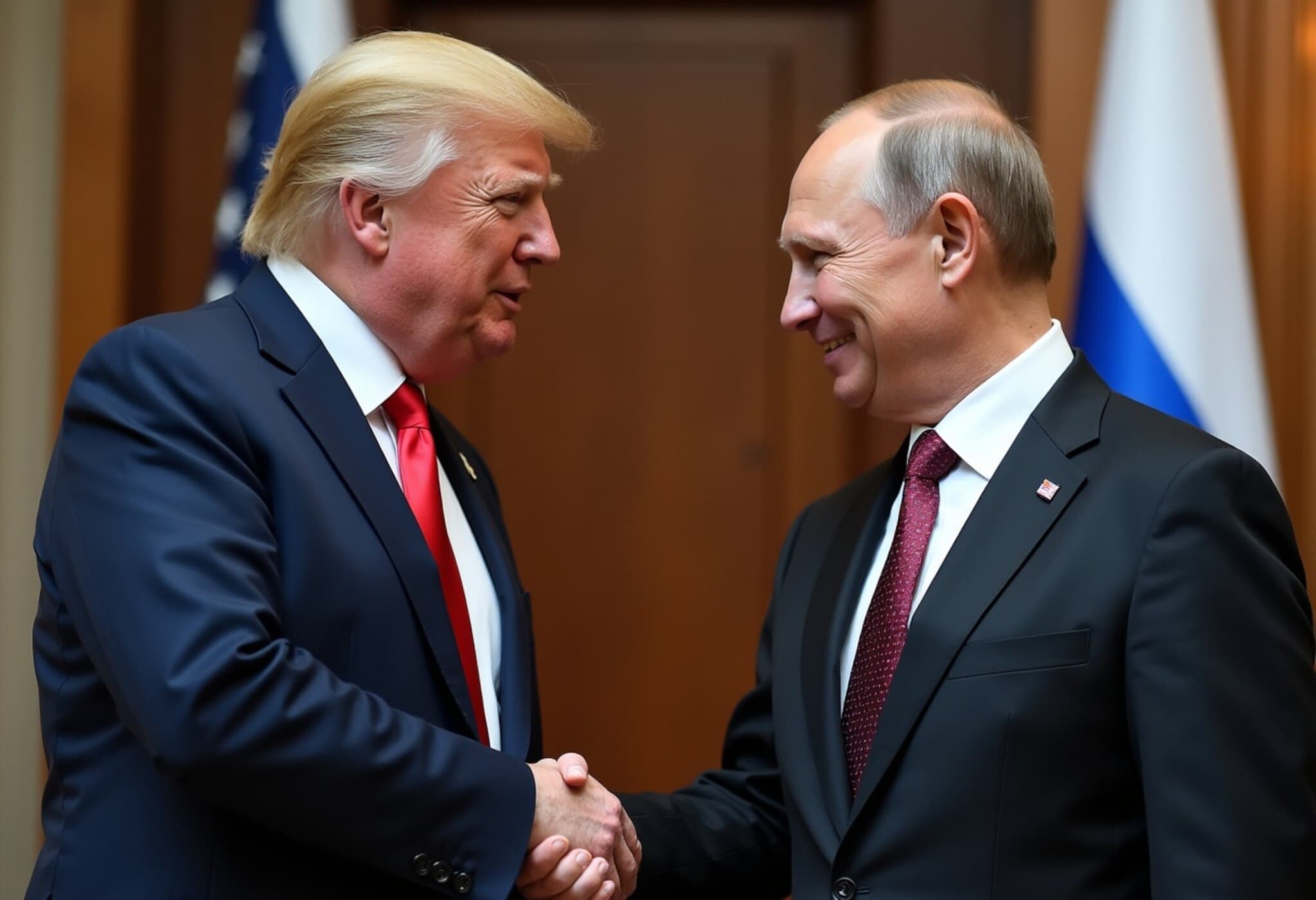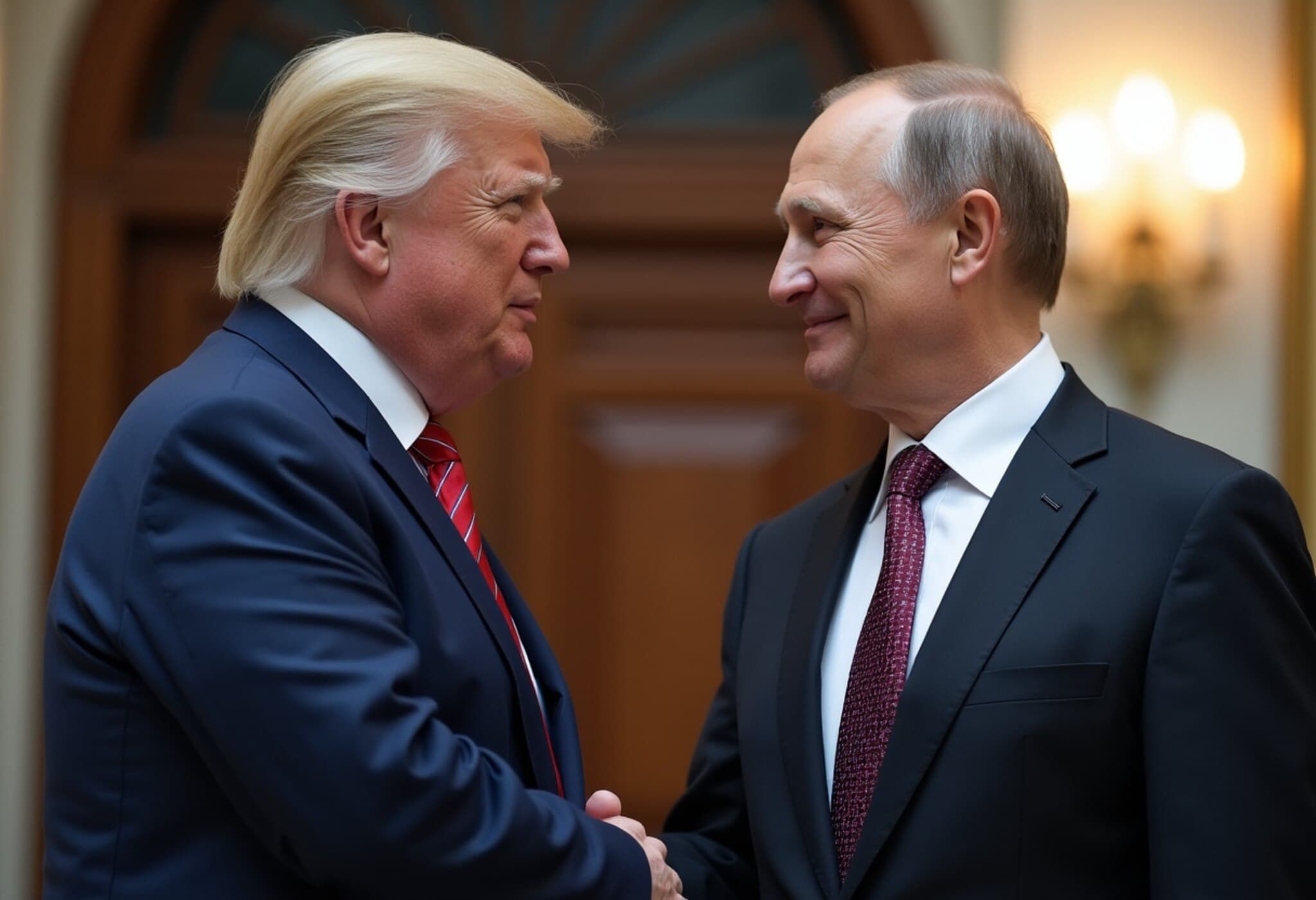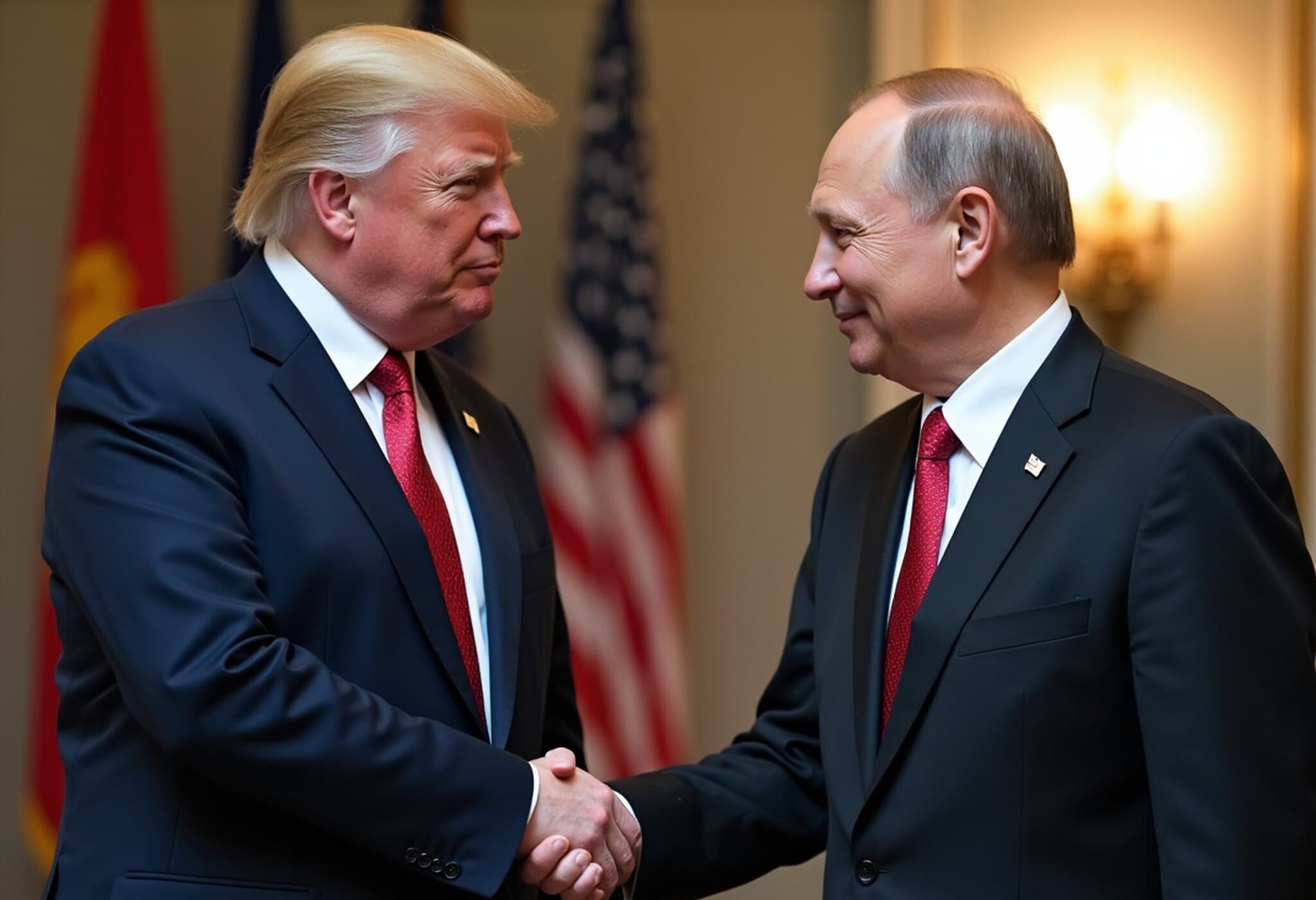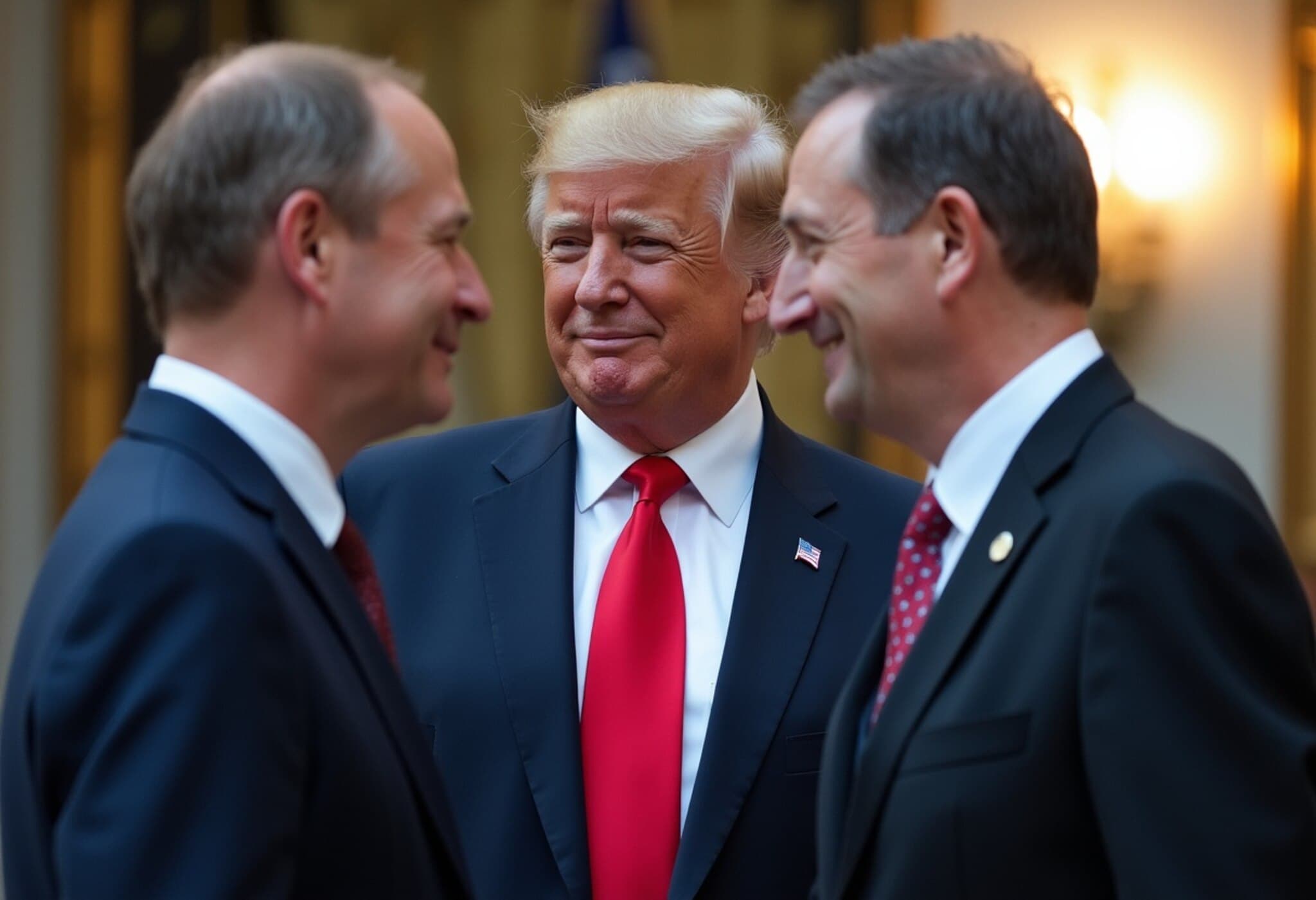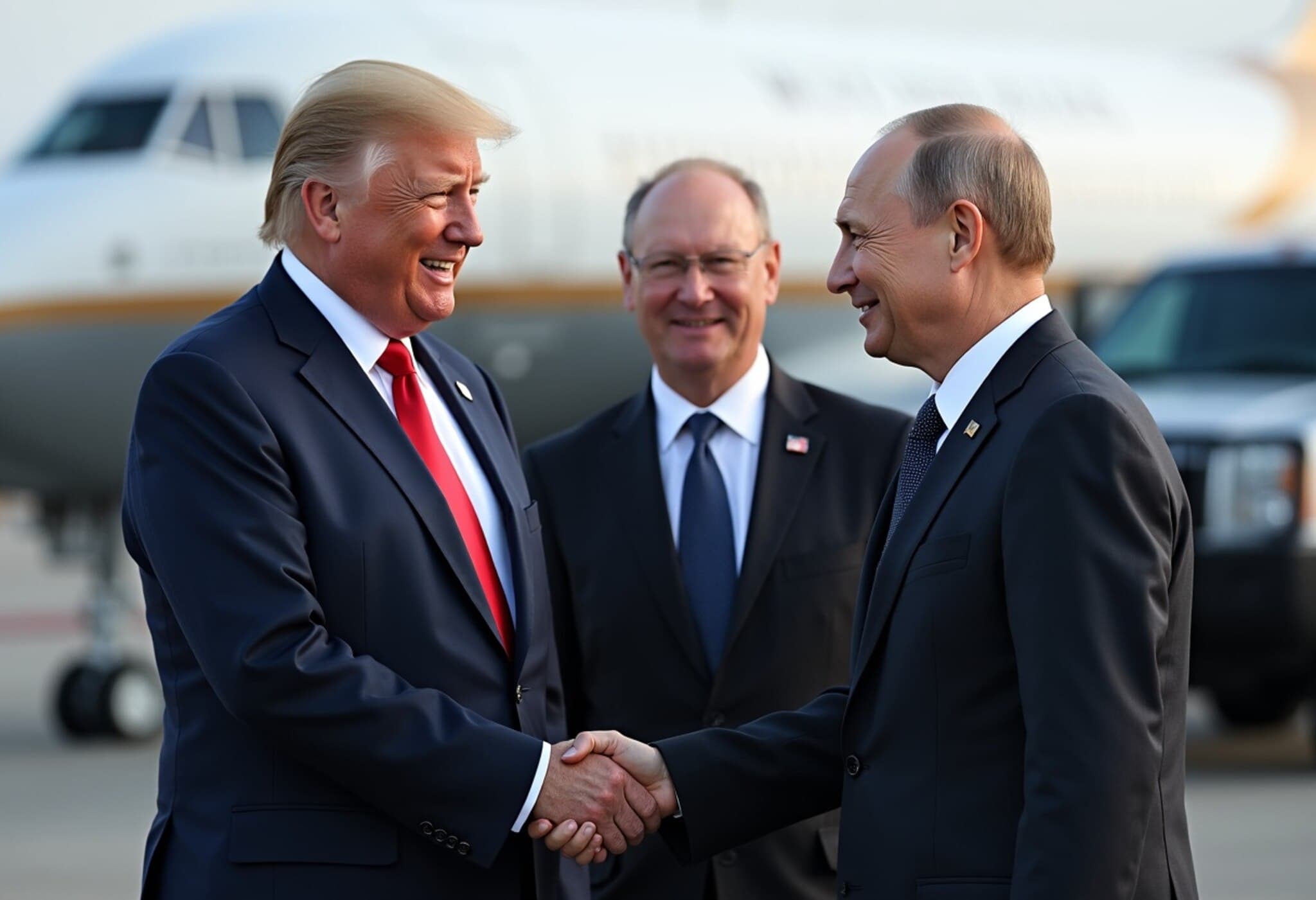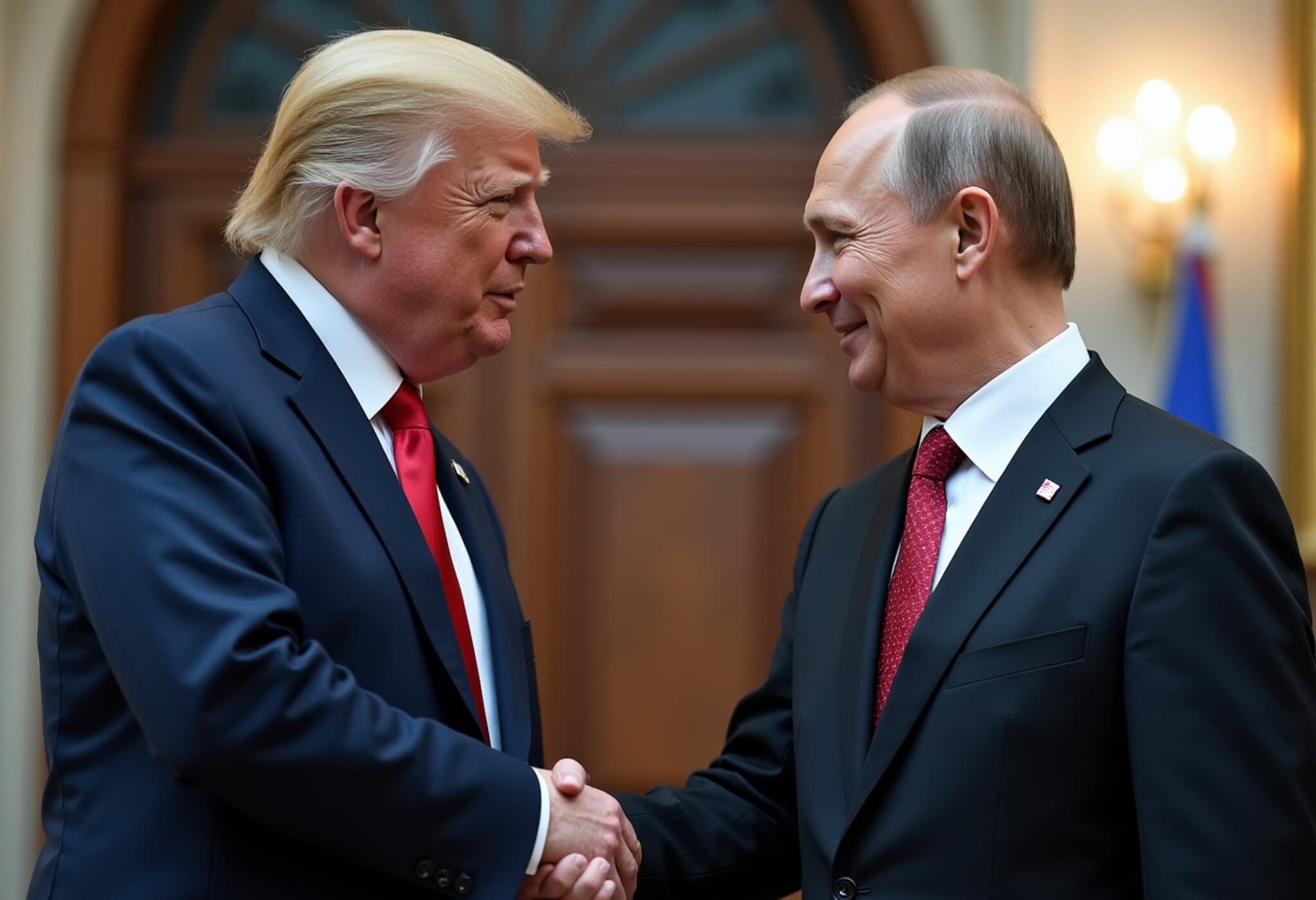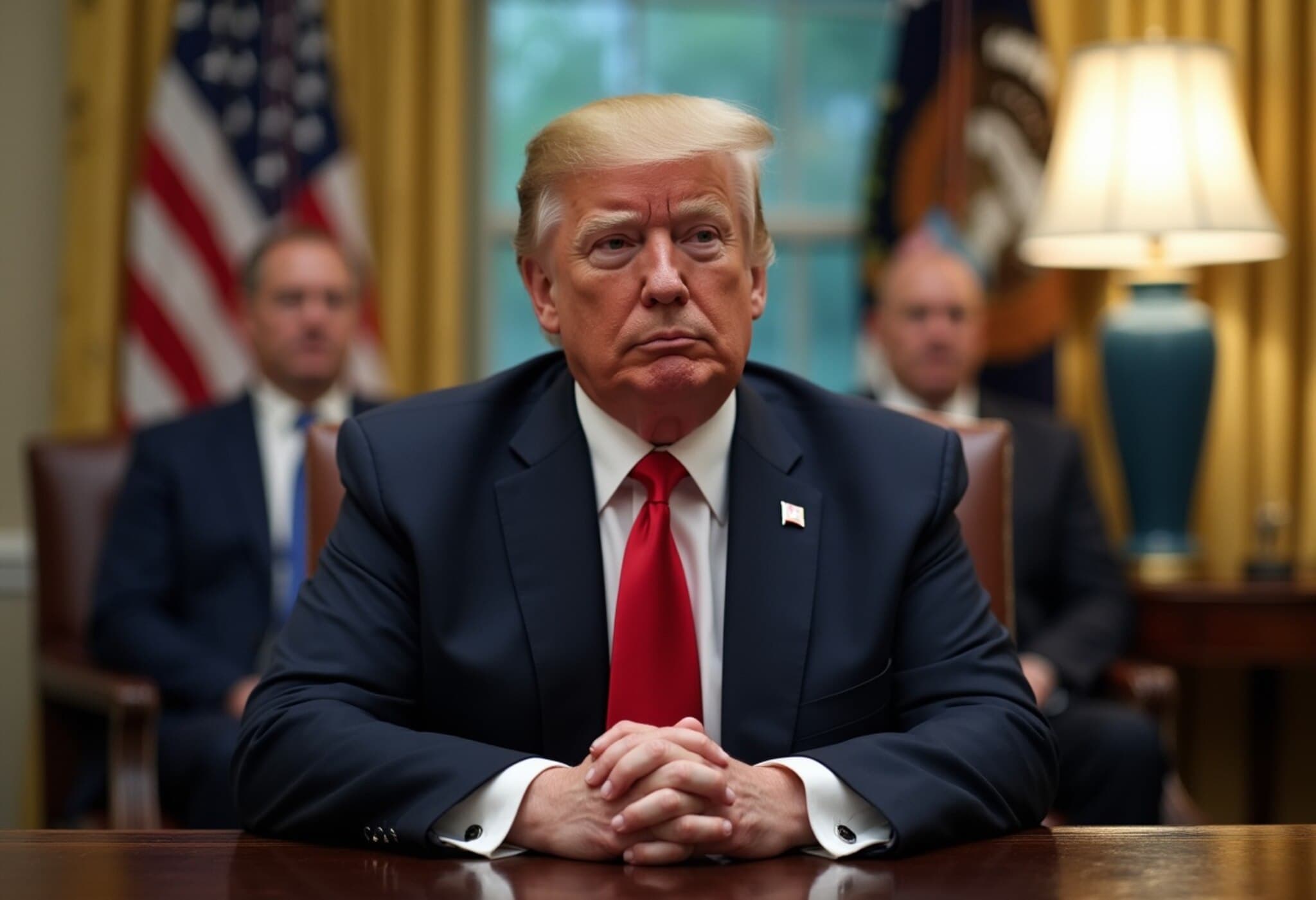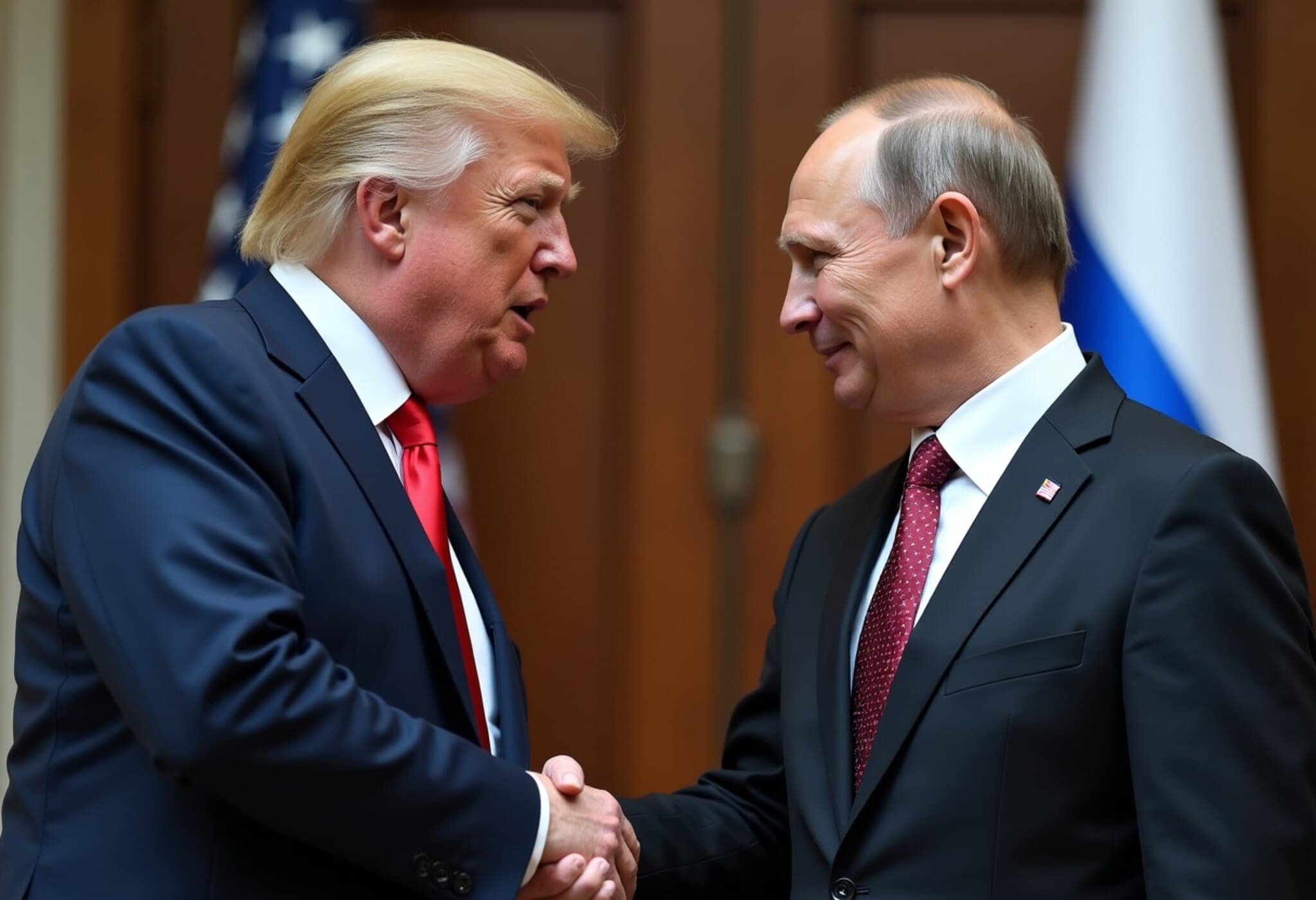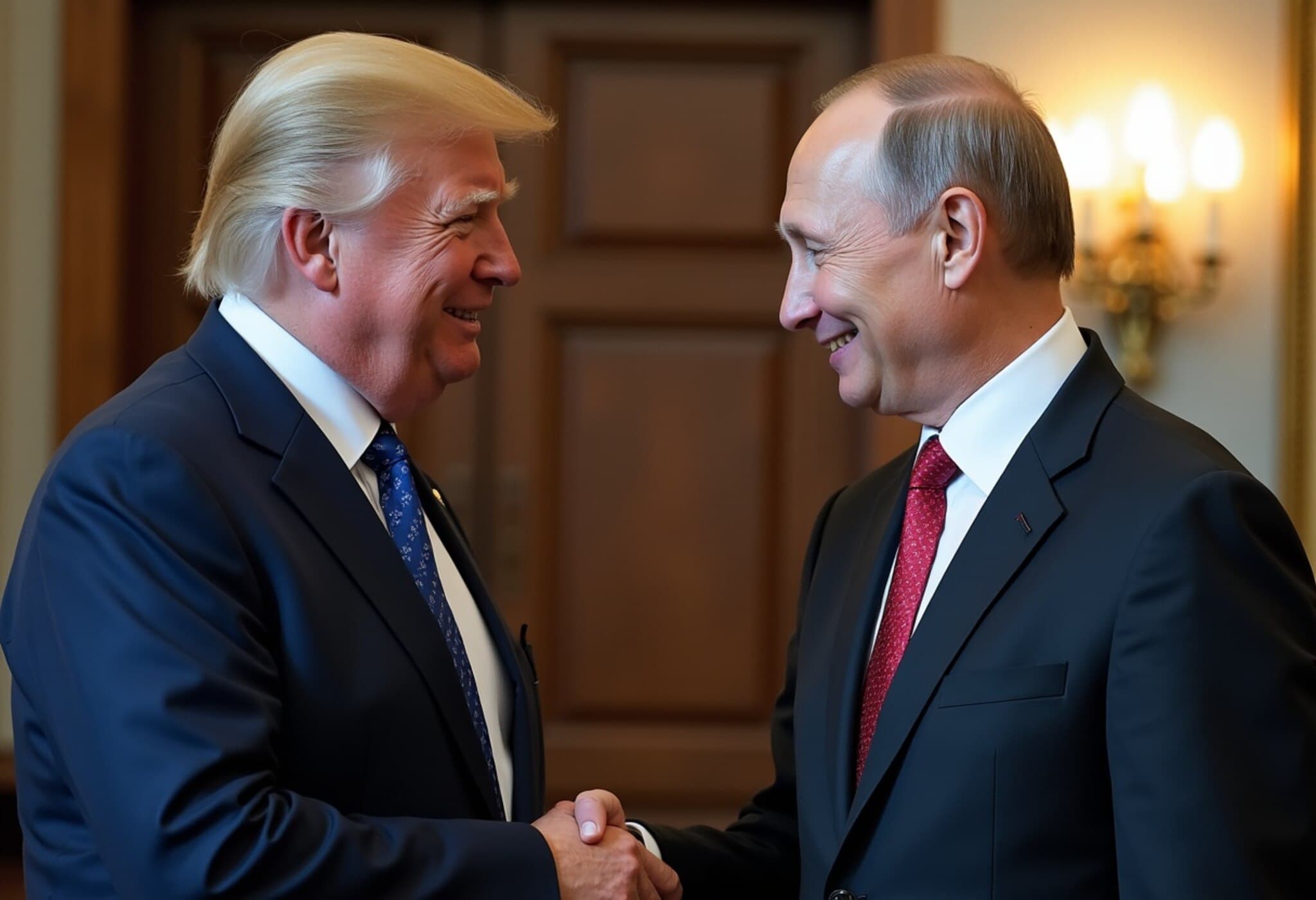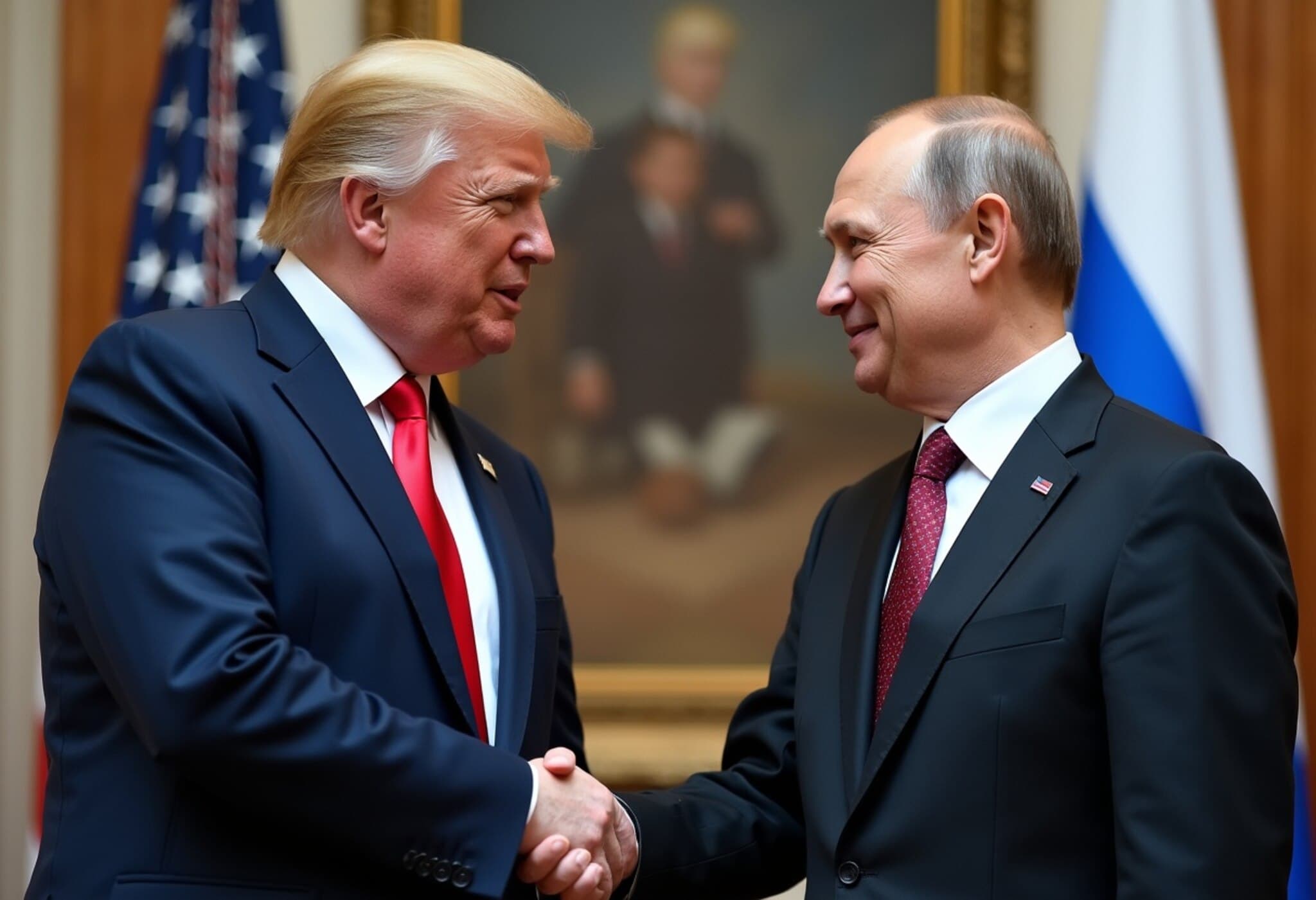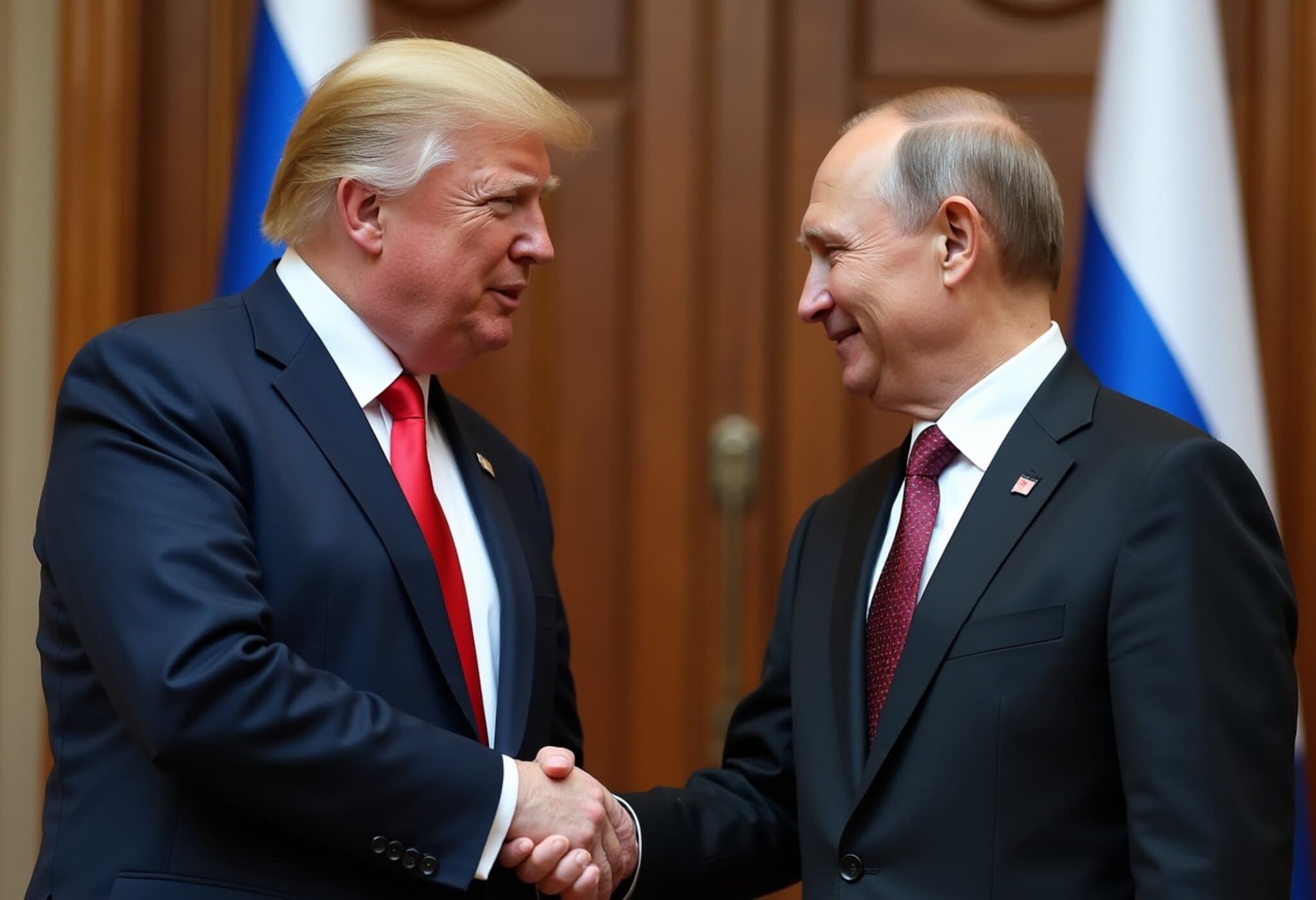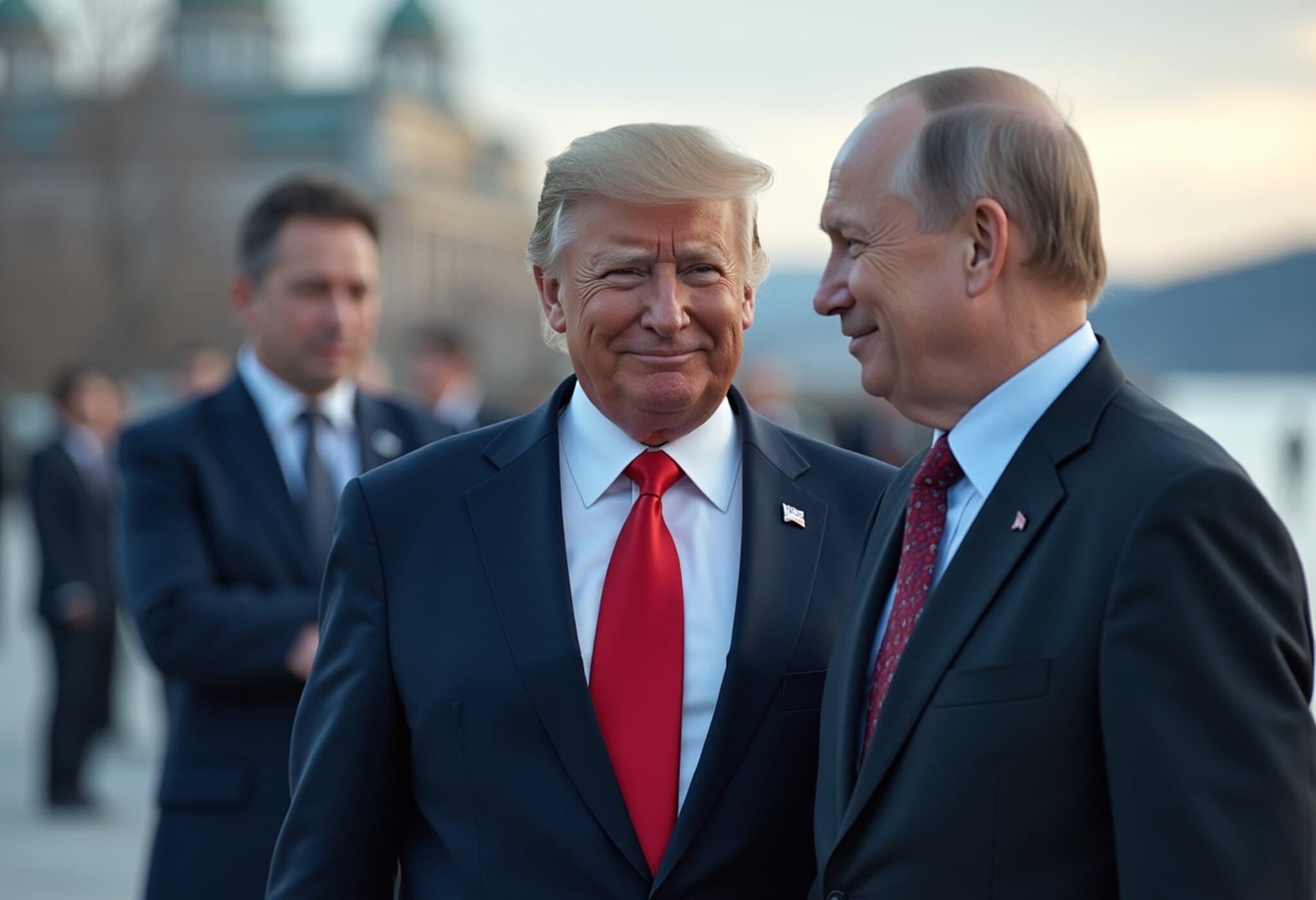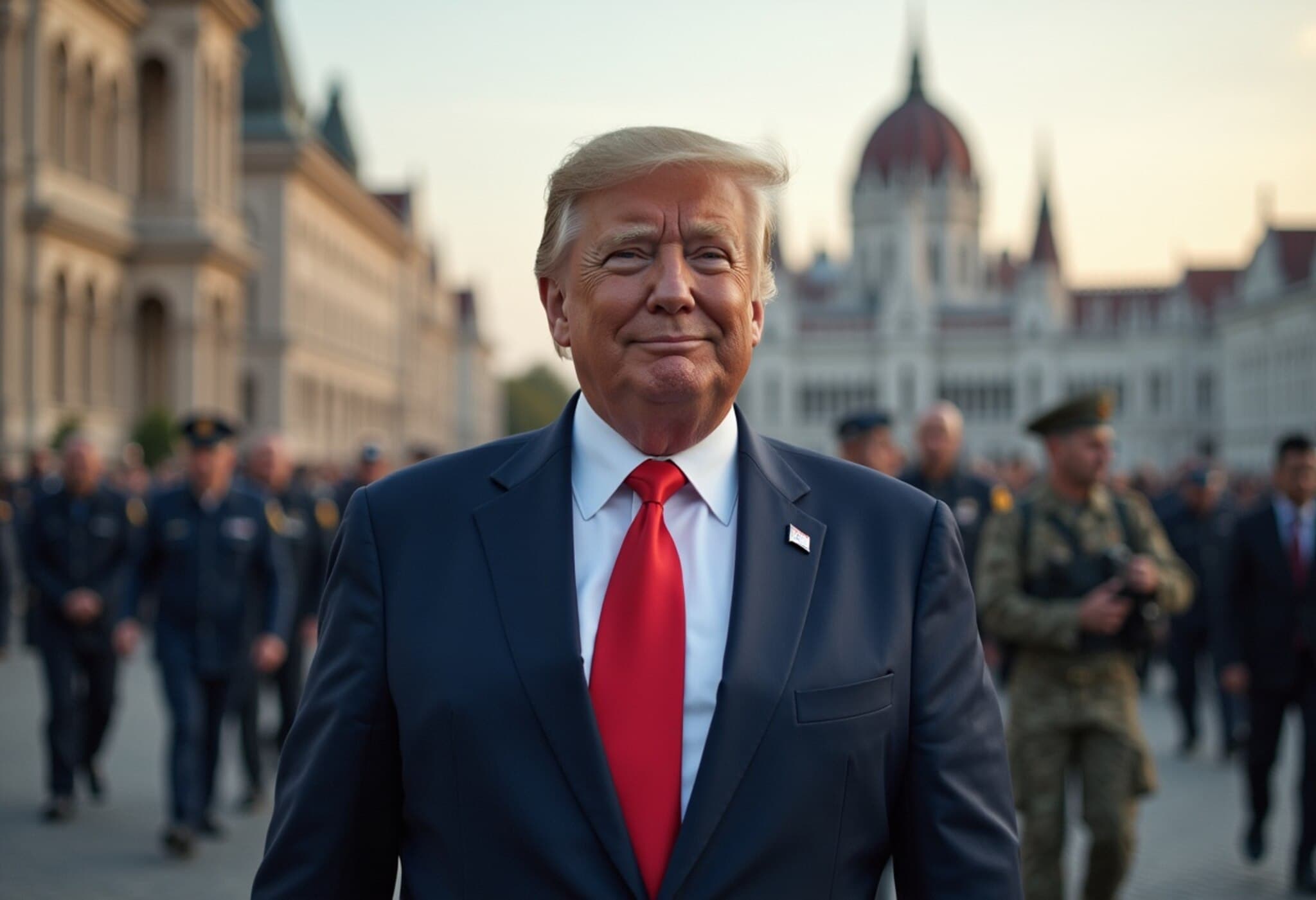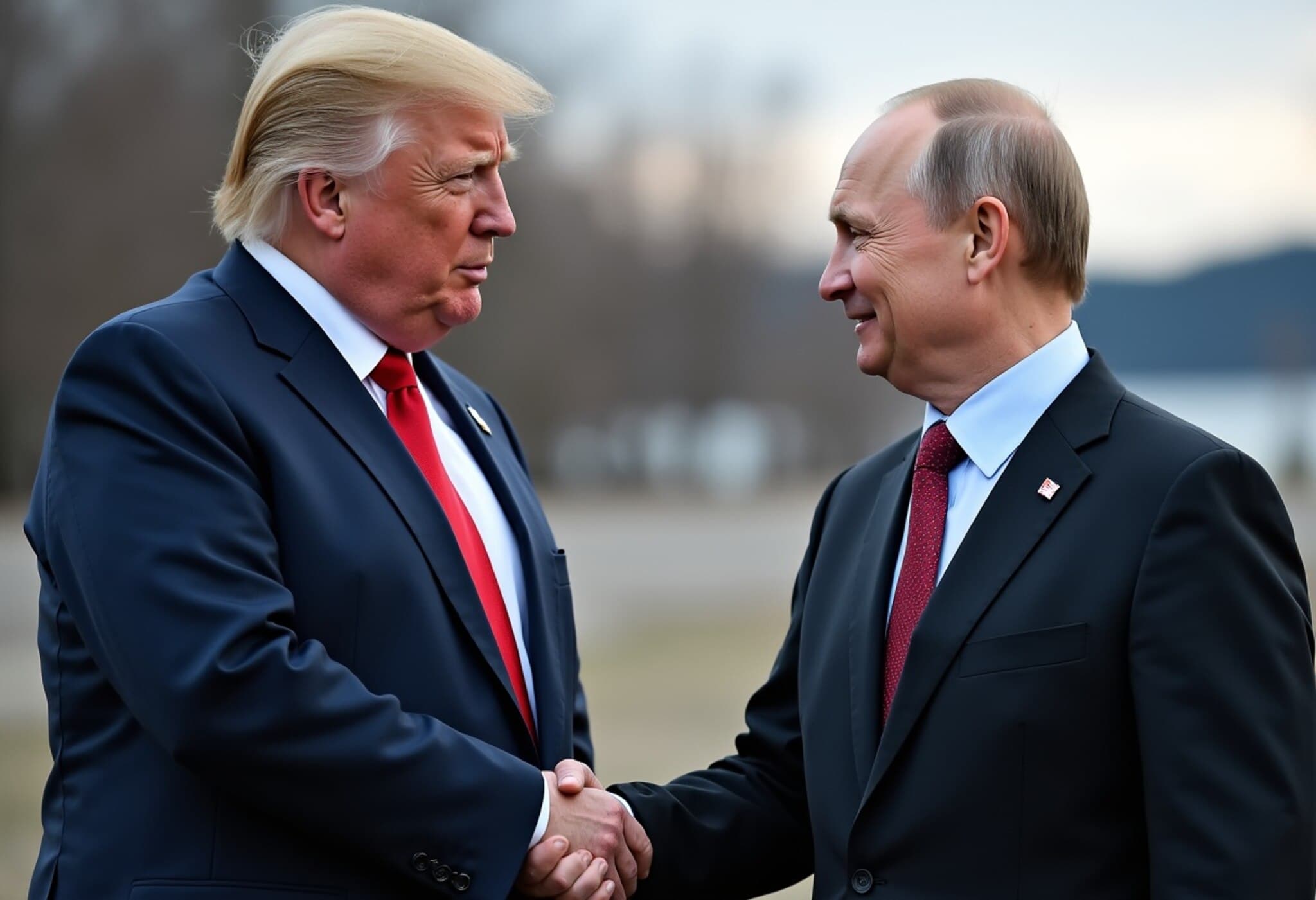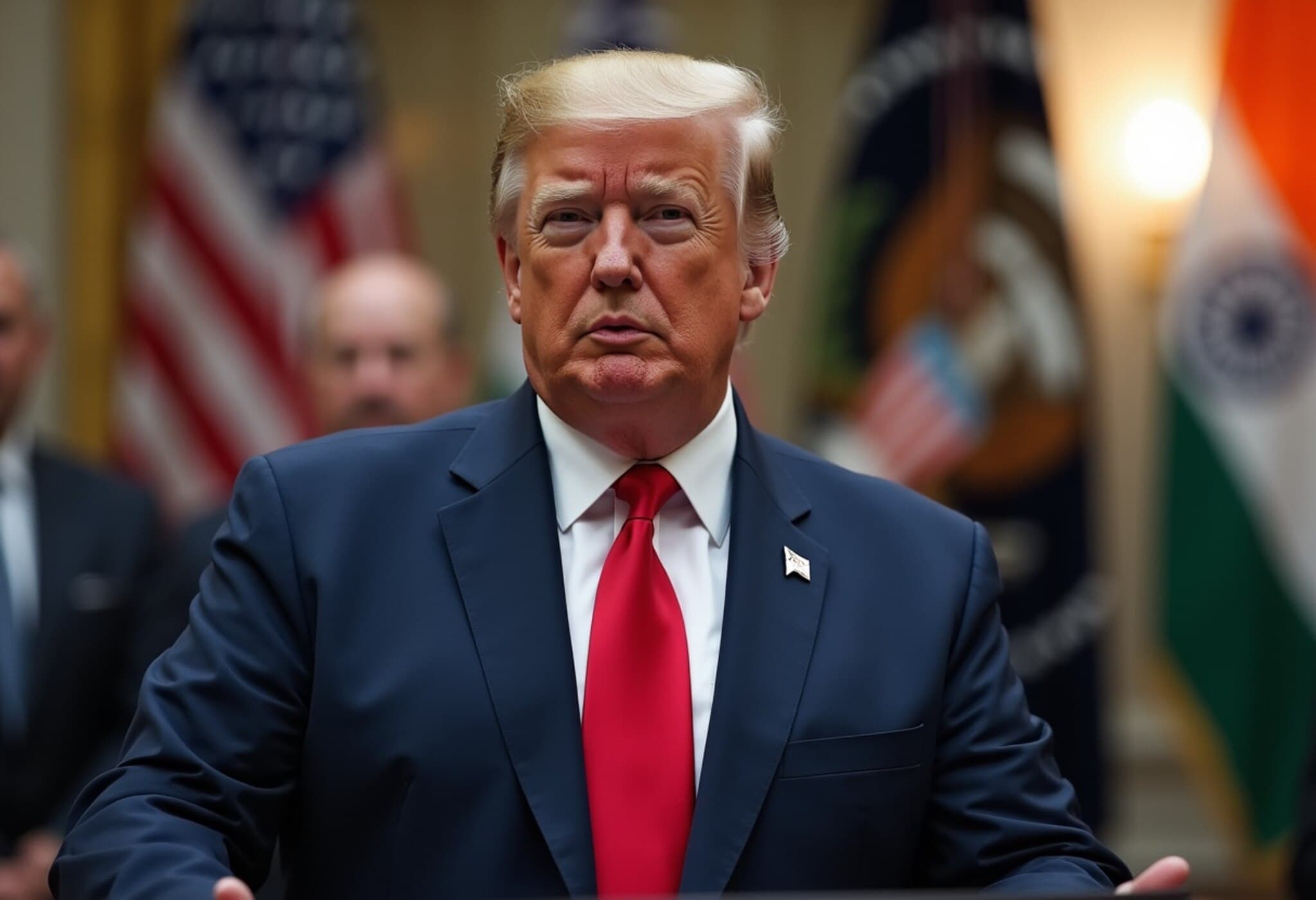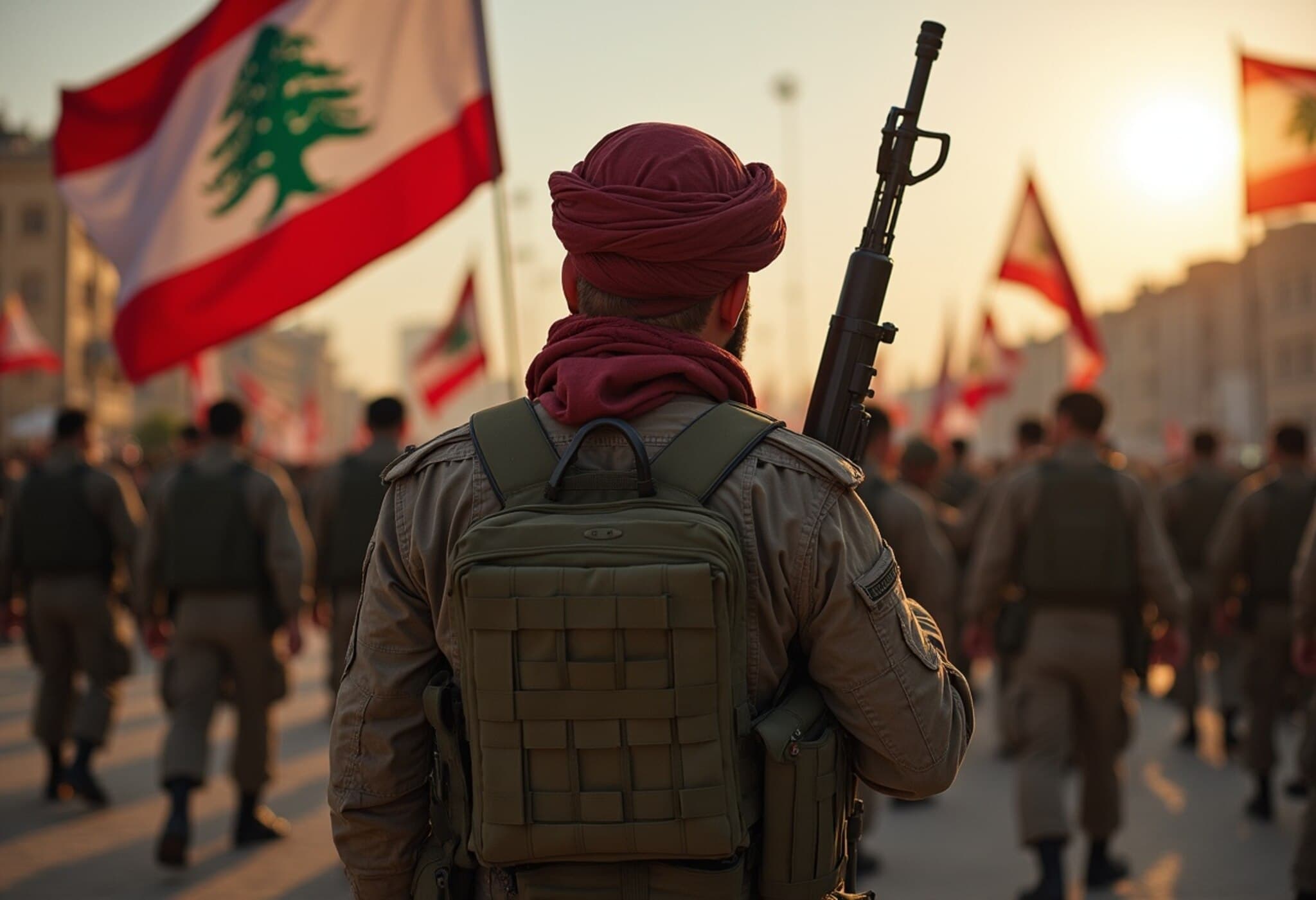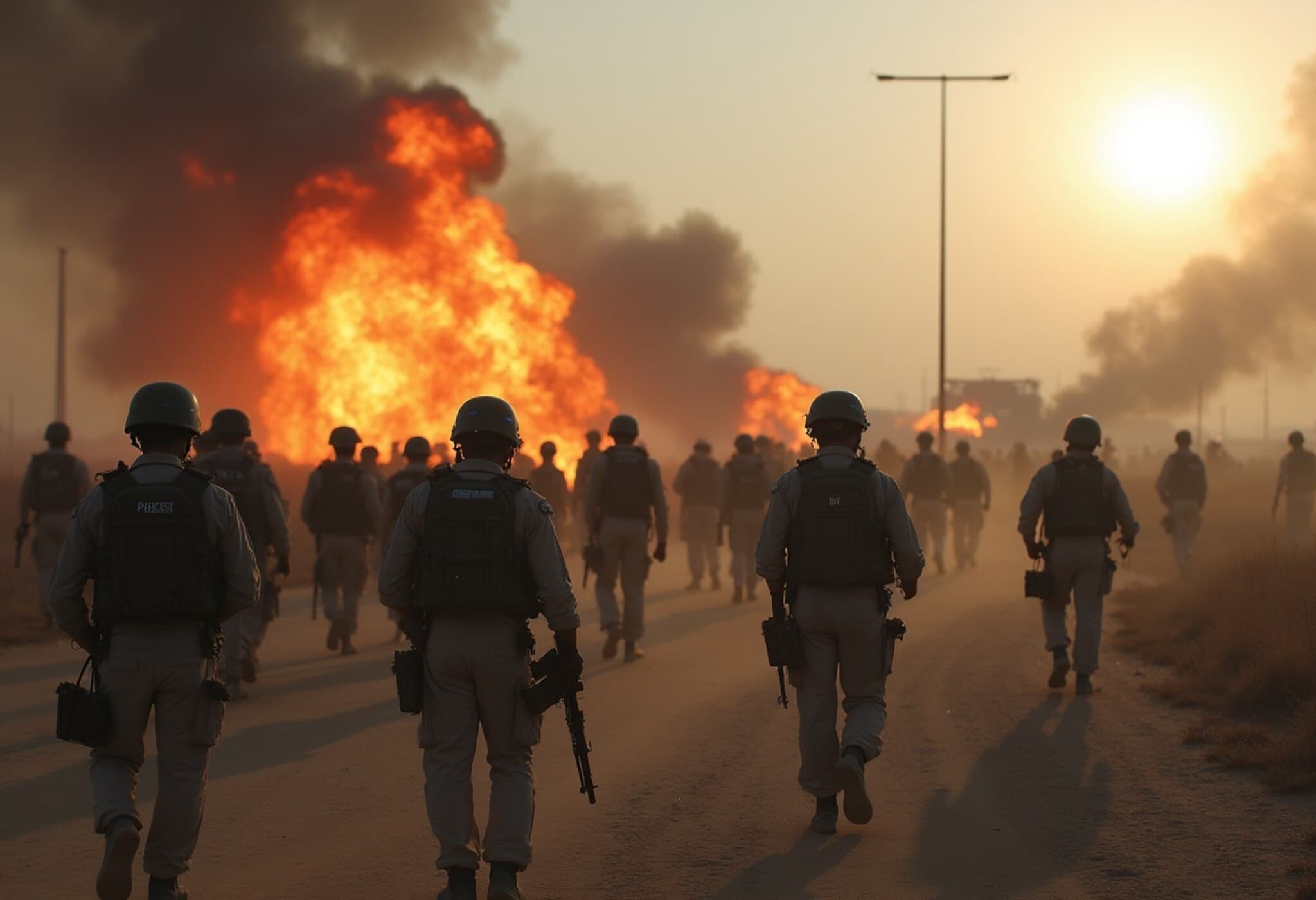Trump to Hold Exclusive Meeting with Putin in Alaska
In a move stirring memories of the controversial 2018 Helsinki summit, former US President Donald Trump is scheduled to meet one-on-one with Russian President Vladimir Putin in Alaska this Friday. According to the White House, the meeting will include only the two leaders and their interpreters—no aides or advisors will be present.
Echoes of Helsinki: A Quiet Room, A Loud Impact
The 2018 summit in Helsinki became infamous for its behind-closed-doors format, sparking bipartisan criticism in the United States. This time, White House Press Secretary Karoline Leavitt framed the Alaska meeting as a "listening exercise," emphasizing that direct dialogue might pave the way to peace. "The goal of this meeting for the president is to walk away with a better understanding of how we can end this war," she said.
Leavitt underscored the importance of in-person talks over phone calls, asserting that face-to-face communication will grant Trump deeper insight into "where this is headed." Notably, despite Trump's earlier comments suggesting he might travel to Russia, the White House clarified that the meeting will remain in Alaska—just miles across the Bering Strait from Russian territory.
Concerns Over A Repeat of History
Experts and critics warn that without advisers present, Trump risks becoming vulnerable to Putin's influence. The fear is that Putin could secure concessions favorable to Russia, potentially sidelining Ukraine's interests and those of American allies.
Putin’s Strategic Playbook: Energy and Influence
David Blair, Chief Foreign Affairs Commentator at The Telegraph, suggests Putin will come with offers that resonate with Trump's affinity for energy development. "Putin is expected to propose US-Russian cooperation in exploiting Russian natural resources," Blair notes, referencing Trump's long-standing advocacy for robust energy extraction—famously encapsulated in the slogan "drill, baby, drill."
Putin may attempt to frame Ukraine as an obstacle impeding mutual prosperity, seeking Trump's endorsement of a Kremlin-crafted peace plan. This arrangement could impose terms on Ukraine, bypassing Kyiv’s agency and potentially destabilizing the broader geopolitical balance in Europe.
Historical Context: The Fallout from Helsinki 2018
The Helsinki summit shocked the American political landscape. The two-hour private discussion—without aides or official notes—left the US government without clarity on what was discussed. Subsequent revelations indicated that Trump had restricted interpreter note-taking, erasing official records of the conversation.
Most jarring was Trump's public statement contradicting the consensus of the US intelligence community by casting doubt on Russia's interference in the 2016 presidential election mere days after indictments were issued against Russian agents. This apologist stance unsettled allies and fellow Republicans alike.
Republican Senator John McCain famously condemned the Helsinki encounter as "one of the most disgraceful performances by an American president in memory," highlighting the unprecedented deference shown to Putin.
Implications for US Foreign Policy
The upcoming Alaska summit resurrects critical questions about the US approach to Russia amidst the ongoing conflict in Ukraine. Will Trump leverage the private setting to build a genuine path to peace, or will it enable unilateral decisions that compromise US credibility and regional security?
Given the lack of official oversight in the talks, concerns about transparency and accountability are at an all-time high. The meeting's outcome may reverberate through American diplomacy and international alliances for years to come.
Editor’s Note
As the world watches this high-stakes encounter, the Alaska meeting highlights enduring tensions between direct diplomacy and the need for checks and balances. While private dialogues can open doors, they also raise vital debates about disclosure, influence, and the safeguarding of democratic interests abroad.
Readers should ponder: Can isolated meetings between powerful leaders truly pave a path to peace without jeopardizing the delicate web of international partnerships? How might this rendezvous reshape the future of US-Russia relations and the broader global order?
About the Author
Madhur Sharma is a seasoned international affairs editor with expertise in US foreign policy and geopolitics. He leverages decades of experience to unpack complex global issues for a diverse readership. Reach him at [email protected] or follow his insights on X @madhur_mrt.

